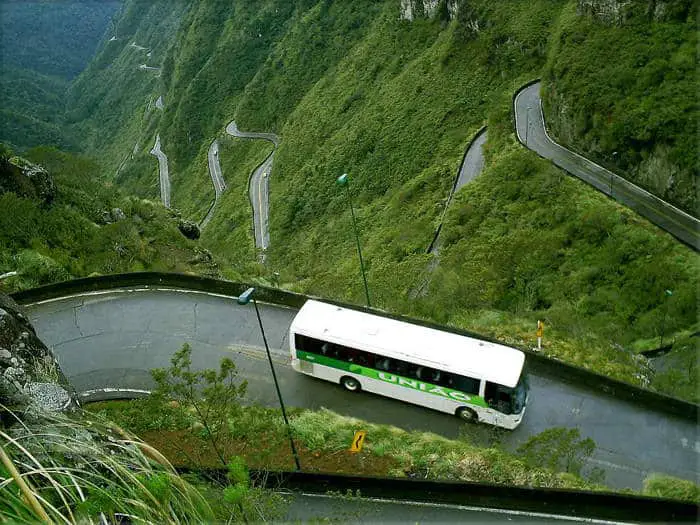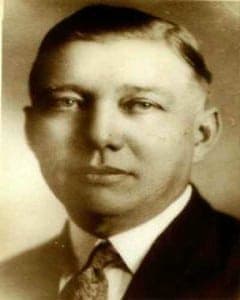Halsema Highway: Philippines’ Deadliest Road

Also known as the “Mountain Trail”, Halsema Highway spans 150 kilometers between the towns of Baguio and Bontoc in Mountain Province.
It is a sight to behold, thanks to the breath-taking drop-offs which peak at 2, 255 meters above sea level. For this reason, it is officially the highest altitude highway in the Philippines–even higher than Mt. Banahaw’s peak.
Also Read: The Short And Tragic Life of The First Igorota Beauty Queen
Despite its intimidating presence, Halsema Highway has been a crucial part of Cordillera’s history and transportation. For one, it’s the only existing link between Baguio and Cordillera’s most remote areas. In addition to that, Halsema road is the only route used by vegetable farmers in distributing their crops to Baguio markets.
Halsema Highway and Its American Roots
Halsema Highway was named after Eusebius Julius Halsema, a prolific American engineer. He was notable for building Baguio’s most important public structures. Eusebius also served as Baguio’s mayor from 1920 to 1937. It was during his term when the construction of the notorious road started.
However, the American government at that time refused to fund Halsema’s project. This forced him to seek help from the local folk. After a painstaking effort to bring the project into reality, Halsema Highway officially opened to the public in 1930.
Beautiful But Deadly
In recent years, Halsema Highway has been known as a landslide-prone area. The unpaved roads and the lack of guard rails only add up to its deadly reputation. To make things worse, Halsema road is heavily covered with fogs during rainy season, making it impassable to any vehicle.
Luckily, DPWH finally heeded the call to renovate the country’s most famous highway. As of 2011, Halsema Highway has finally been paved. The roads leading to Sagada, however, still feature some rough spots. Although its under construction, tourists can still use the highway to meet Sagada’s most breath-taking scenery: the famous hanging coffins.
Featured image courtesy of http://randomstory.org
Written by FilipiKnow
in Bizarre and Oddities, History and Politics, People and Places, Today I Learned
Last Updated
FilipiKnow
FilipiKnow strives to ensure each article published on this website is as accurate and reliable as possible. We invite you, our reader, to take part in our mission to provide free, high-quality information for every Juan. If you think this article needs improvement, or if you have suggestions on how we can better achieve our goals, let us know by sending a message to admin at filipiknow dot net
Copyright Notice
All materials contained on this site are protected by the Republic of the Philippines copyright law and may not be reproduced, distributed, transmitted, displayed, published, or broadcast without the prior written permission of filipiknow.net or in the case of third party materials, the owner of that content. You may not alter or remove any trademark, copyright, or other notice from copies of the content. Be warned that we have already reported and helped terminate several websites and YouTube channels for blatantly stealing our content. If you wish to use filipiknow.net content for commercial purposes, such as for content syndication, etc., please contact us at legal(at)filipiknow(dot)net
